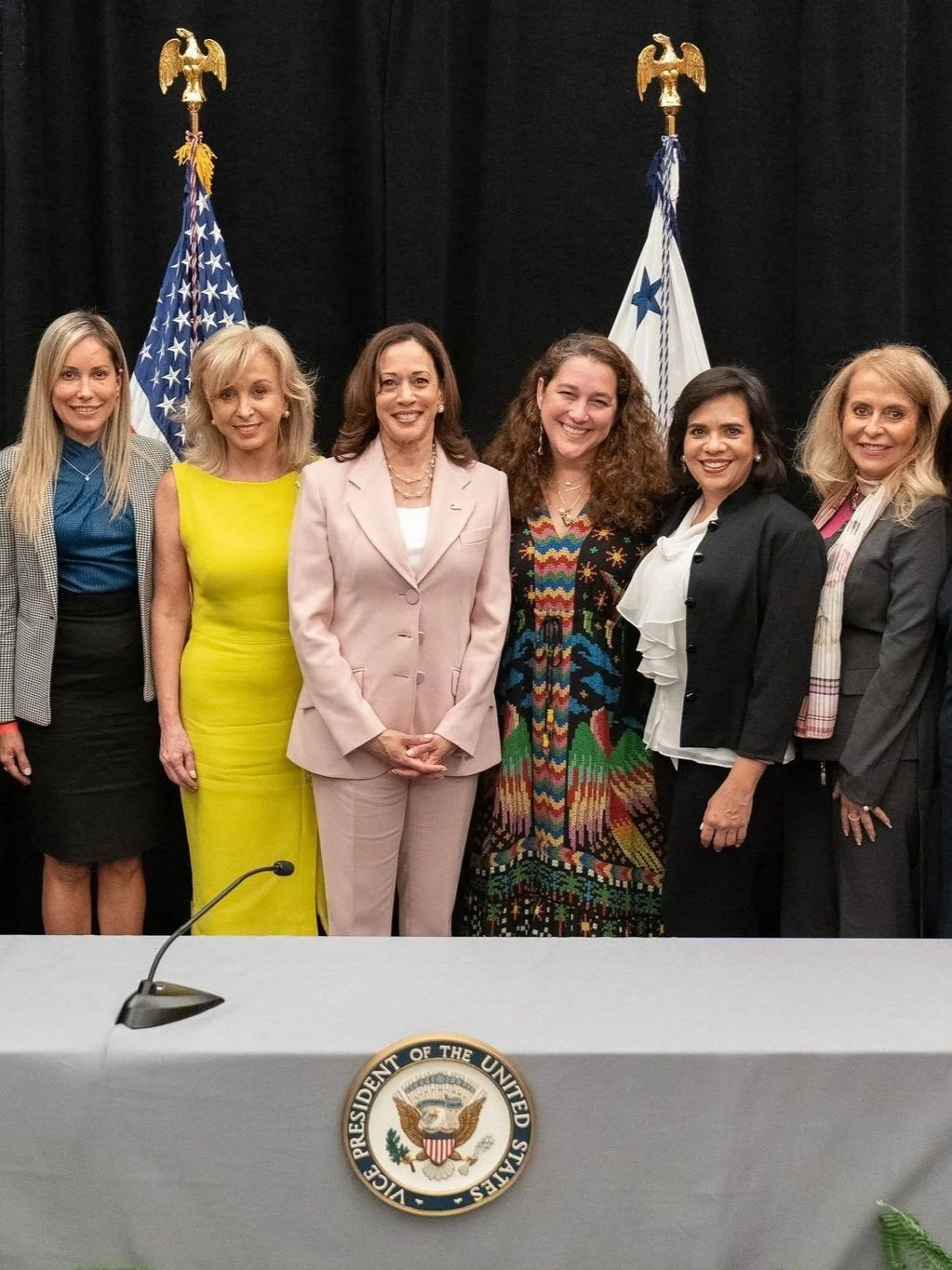Kering’s François-Henri Pinault with Donatella Versace, Anna Wintour, Salma Hayek and Hamish Bowles front row at Christopher Kane AW13 / Photo: Leah McQueen.
This weekend, Biarritz will play host to the G7 summit. Leaders from Canada, Germany, Italy, Japan, the United Kingdom and the United States will join hosts France at the annual forum, which this year will be focused on the UN’s Sustainable Development Goals. And for the very first time, fashion will be on the agenda, with industry executives from high street to high-end brands expected to sign a pact committing to improving sustainability standards.
The initiative is being led by François-Henri Pinault, after he was approached by French president Emmanuel Macron. The Kering chairman and CEO will be joined at the summit by representatives from more than 20 fashion retailers and brands, including H&M and Zara’s parent company, Inditex, where they are expected to pledge to improve fashion’s sustainability standards and take steps to combat the industry’s contribution to climate change and pollution.
The driving force behind the pledge is undoubtedly the growing increase in concern for the environment across the globe, which is having a corresponding impact on brands and how they operate, from their stores to their suppliers. As Giorgina Waltier, sustainability manager for H&M in the UK and Ireland, explained to The Guardian “There has definitely been a significant change in people’s attitudes towards sustainability and fashion in the last 12 to 18 months, with a real sense of urgency around these issues and a definite demand from consumers for more action and greater transparency from brands.” However, while details of the exact nature of the pact remain scarce, there have been concerns voiced from some quarters about its value.
Firstly, many want to see the focus on the reporting of impacts and specific targets. “Rather than pledges and commitments, we must hold those taking the pledges accountable otherwise it’s meaningless,” Qiulae Wong, head of product at sustainable fashion collective Common Objective (CO), told Euronews Living.
Secondly, there are fears that it will only serve to add another layer of complexity and confusion to the myriad of existing industry initatives and sustainably-focused organizations, and thus could divert resources from actual action. “There are hundreds of global commitments on sustainable fashion and even more on a local level,” said Wong, who went on to explain how just in last six to twelve months there have been many more new launches, including the UN’s own Sustainable Fashion Charter.
Despite these reservations, Marie-Claire Daveu, chief sustainability officer at Kering, is confident that the pledge will be a positive step. She told The Guardian how it would enable global retailers to share best practice and ideas and combine their buying power to push for change right back to the agricultural practices involved in supplying raw materials. And explained how the group could combine efforts to find solutions to problems such as effective recycling of textiles and fibers for garments that can’t be worn again.
Whatever the outcome of the summit this weekend, the coming together of some of the world’s biggest fashion players is significant, and at the very least should keep the sustainability conversation where it needs to be, front and center. As H&M’s Waltier explained, “Our planet doesn’t have the resources available to facilitate the linear production model that the vast majority of the fashion industry operates. Systemic change is the only option.”












